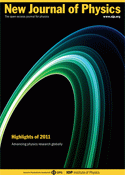
Researchers in Singapore have lost a 2011 paper in Gene Therapy after an institutional investigation found that some of their data had been fabricated by a PhD student on the project.
Most of the authors were affiliated with the Institute of Bioengineering and Nanotechnology, a unit of the Agency for Science, Technology and Research (A*STAR).
The article, “Targeted suicide gene therapy for glioma using human embryonic stem cell-derived neural stem cells genetically modified by baculoviral vectors,” purported to show that:
Continue reading Researcher loses PhD after investigation finds he faked data
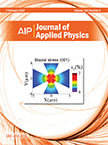 After an international group of physicists agreed that the findings of their 2015 paper were in doubt, they simply couldn’t agree on how to explain what went wrong. Apparently tired of waiting, the journal retracted the paper anyway.
After an international group of physicists agreed that the findings of their 2015 paper were in doubt, they simply couldn’t agree on how to explain what went wrong. Apparently tired of waiting, the journal retracted the paper anyway.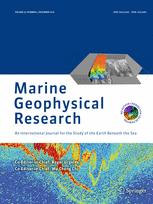 A 2016 paper has been retracted at the request of a company that provides geoscience solutions because the authors—who are employees of the company—included proprietary information and didn’t obtain proper permission.
A 2016 paper has been retracted at the request of a company that provides geoscience solutions because the authors—who are employees of the company—included proprietary information and didn’t obtain proper permission.
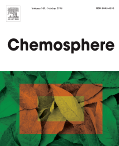
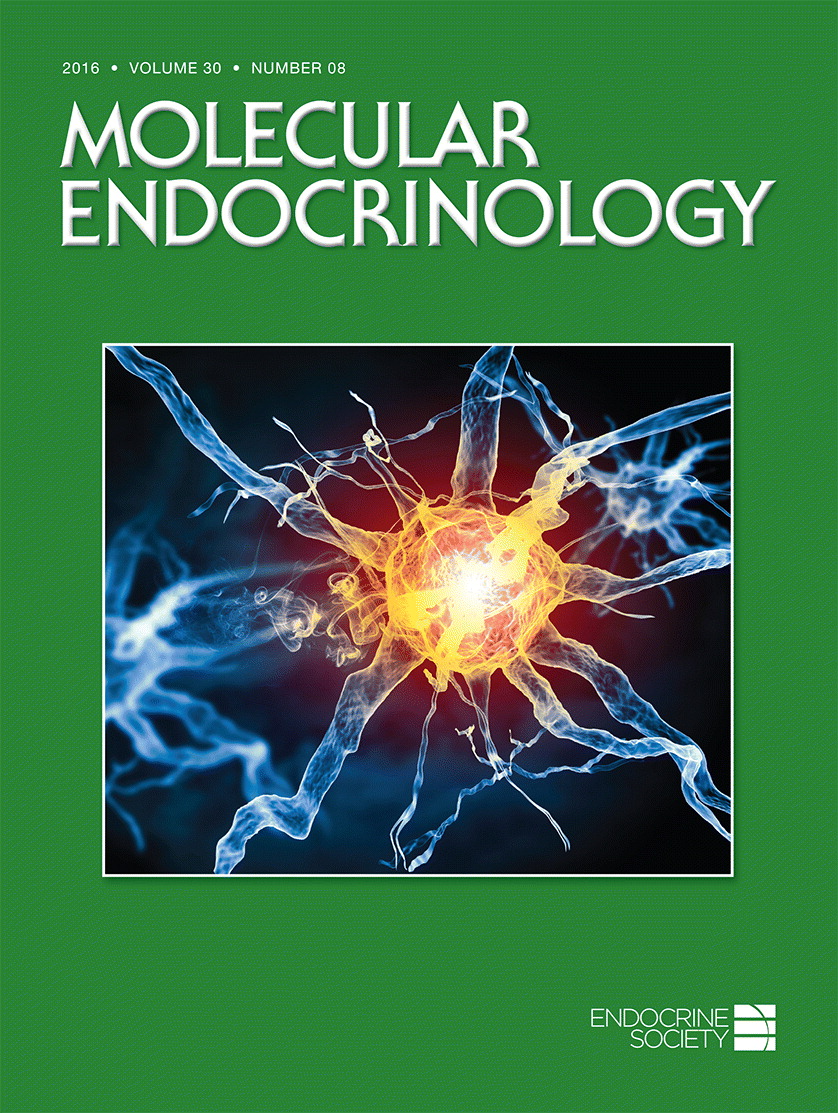 A research fellow at Harvard Medical School
A research fellow at Harvard Medical School 

